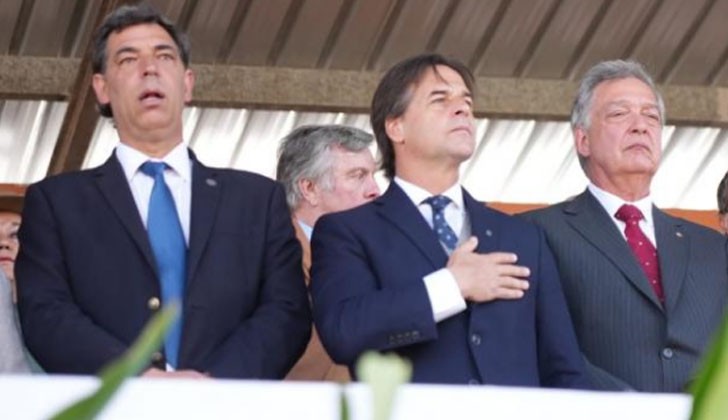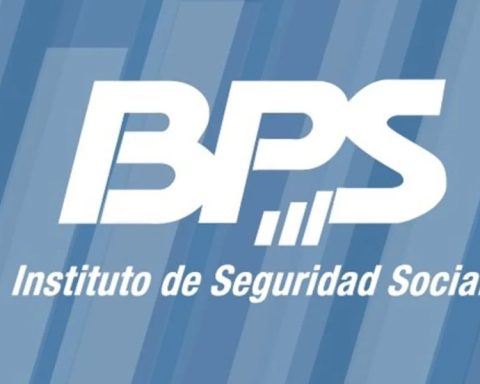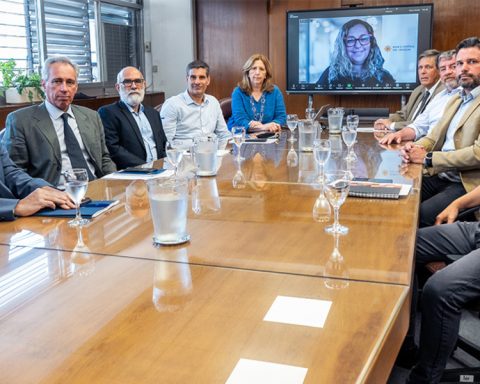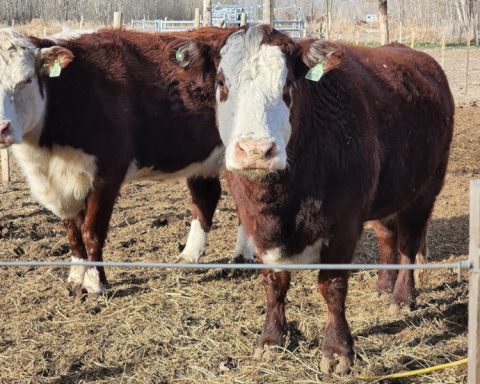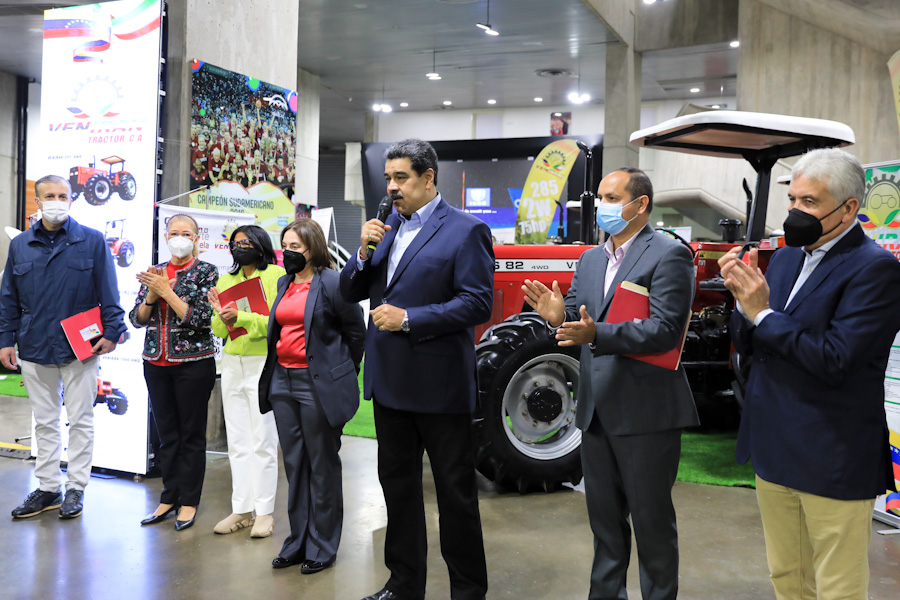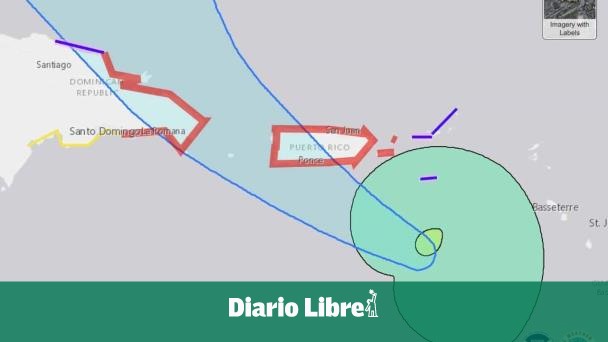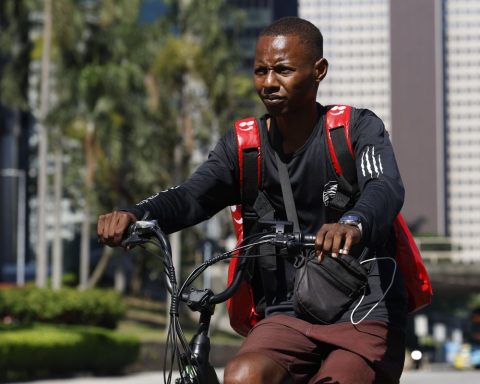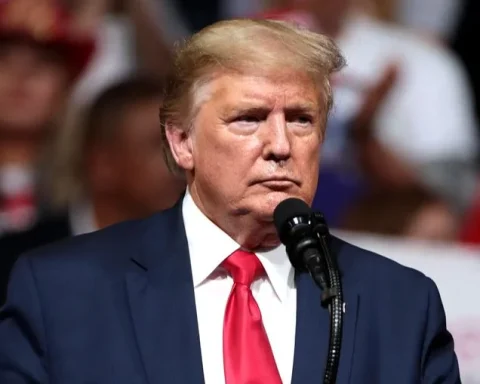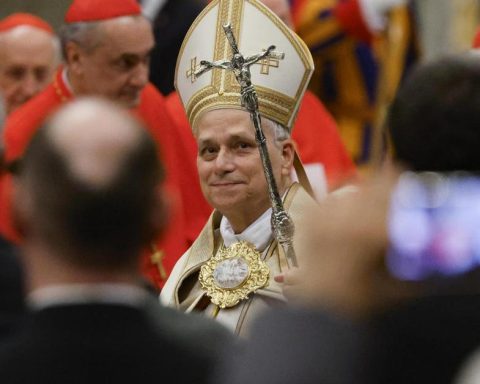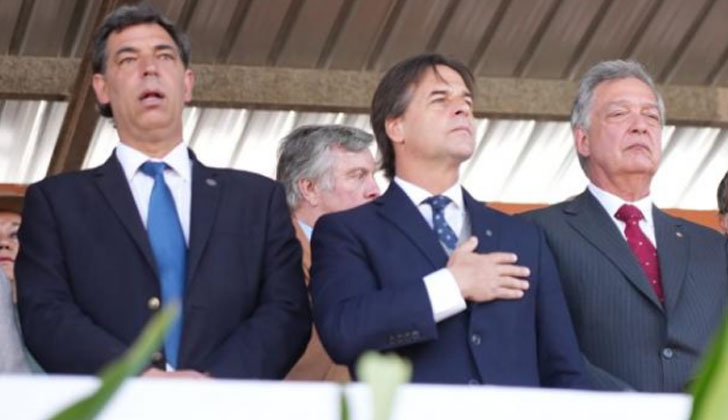
This Saturday, September 17, the closing of the 117th edition of Expo Prado 2022 was held. The event was attended by the President of the Republic, Luis Lacalle Pou; the vice president, Beatriz Argimón; the Minister of Livestock, Agriculture and Fisheries, Fernando Mattos; government authorities, representatives of business associations and agricultural producers.
In his speech, Mattos made a closed defense of the so-called gold mesh, “which some have understood or used in a derogatory way”, because in reality he is the leader, he is part of a team that pulls other sectors forward.
“We should be proud of having a gold mesh, because we are far from that concept of which it does not invest or does not employ, but instead multiplies its genuine generation of wealth so that other economic sectors benefit from its spill,” said the Secretary of State.
The engine of the country
After Mattos’s speech, it was the turn of the president of the Rural Association of Uruguay (ARU), Gonzalo Valdés, who described the agricultural sector as “the engine of the country.”
“A sector that represents 80% of the exports of goods, and generates 270,000 direct, indirect and induced jobs, mainly in the interior of the country”, he remarked.
Valdés said that the Rural Association of Uruguay pursues the “development of agricultural interests” and “watches over the interests of producers and workers in rural areas.”
He clarified that in his speech he did not present complaints, but contributions with the purpose of the well-being of Uruguayans and an improvement of state resources.
“Those who point to us as permanent critics do not understand or do not want to understand what is the spirit that motivates our actions,” he clarified.
He said that they promoted an adjustment of salaries due to the advancement of the corrections planned for the year 2023. “In addition, to suggest an advance of the salary increases foreseen by the Salary Council of 2021, thus gaining three months to the anticipated advance” .
He stressed that before the increase in inflation, the sector protected rural workers. “From 2011 to date, salaries have increased by 59% compared to public salaries and the National Average Salary Index. No one has the right to demand what goalkeepers do not do inside.
Export taxes
Valdes assured that “there is a lot of money that agribusiness contributes to the Uruguayan State in rates and specific contributions.”
The president of the ARU questioned that the government’s Accountability project has been “seriously modified by the House of Representatives, establishing reallocation of resources with specific effects, changes that weaken the National Colonization Institute, diverting resources to the University of the Republic ”.
I add that the same happens with the resources of the Technological Laboratory of Uruguay, “creating a tax on non-traditional exports.”
The Chamber of Deputies “incorporated a tax on the export of live animals, meat, offal and by-products destined for General Revenue,” he said, and questioned that such a decision was made “without having evaluated its implications and consequences.”
“Applying a tax on exports of agro-industrial products discourages production, reduces investment and employment, mainly in industry. This measure has the opposite effect to that sought, since it ends up reducing the collection of General Revenues, in addition, it directly affects the competitiveness of meat chains without prejudice to reducing, at the same time, the income of the State”, he questioned.
In this sense, he stressed that “it is not the equivalent of a deduction, there are two deductions, two withholdings on exports of traditional and non-traditional products.”
“Until now, and since the return to democracy, our country has shown that it is clear that retention is not a good instrument of economic policy. We know very well the reality of neighboring countries applying withholdings,” said Valdés.
He added that it is a path that should not be traveled, for the good of Uruguay. “We trust that the Senate of the Republic will review this article.”
conflicts
He added that the permanent conflicts in the dairy industry have not taken into account the negative impacts they cause, not only on dairy farmers, but also on the entire society, causing shortages in the domestic market.
“It is not by raising your voice with insulting terms, nor by attacking the authorities, nor by occupying educational centers or organizations, that an idea is going to be imposed. We are convinced that this is not the way. We emphatically reject the insults, attacks and threats against the President of the Republic, the president of CODICEN and the Minister of the Interior, which have occurred in recent weeks,” Valdés pointed out.
